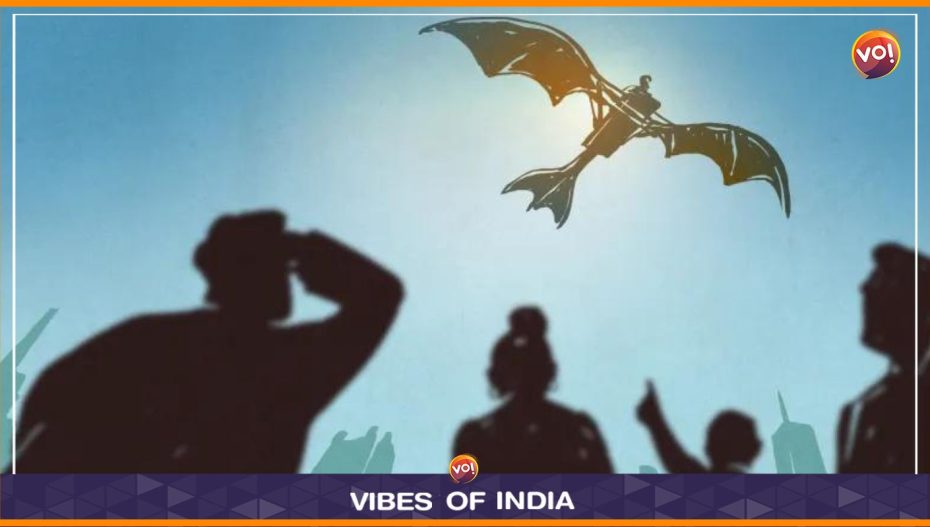Ornithopter – a device that flies by flapping its wings – is a bird-like drone employed for reconnaissance.
A research by Parag Rughani, associate dean of the School of Earth, Space and Internet Technologies at National Forensic Sciences University (NFSU), Ahmedabad and his doctoral student Yash Patel has recently received patent for an ornithopter-based aerial defence system that consists of a swarm of ornithopters capable of autonomous flight and coordination.
The ornithopters are equipped with sensors that can detect alien drones, and they can be programmed to carry out a variety of tasks, such as tracking, jamming, and even physically capturing them.
“The use of drones is common, and due to its relatively smaller size, a quadcopter’s unauthorised use near international borders, airports or sensitive installations and infrastructure can pose security risks. We chose the ro-bird design due to its relative stealth and operational efficiency,” said Rughani.
“The ro-bird design includes high-resolution cameras for facial recognition, multiple sensors for temperature detection, infrared and GPS, and built-in jammer guns.”
The researchers explained that the concept is unlike the existing ones that use anti-drone technology and ornithopters. The ro-bird system uses swarm intelligence, which means that the ro-birds can work as a team that can communicate and cooperate.
They can create patterns in the sky and give visual signals to the ground staff.
The system can also fly on its own or with a ground-based control centre, which can lower the risk of exposing ground troops, said Rughani.
“We have informally talked to the forces to show the potential of the system. With the patent in hand, we are sure that the stakeholders would be able to explore the multi-dimensional aspect of such a defence system. It would also be used in civilian applications,” said a senior NFSU official.
The team received the patent after getting approval from the security forces and went through the Research and Innovation Council at NFSU.
“We have casually discussed with the forces about the system’s potential. With the patent, we are confident that the stakeholders can see the different dimensions of this defence system. It can also have civilian uses,” said a NFSU senior official.
Also Read: India May Resume Visa Services for Canadians Soon












